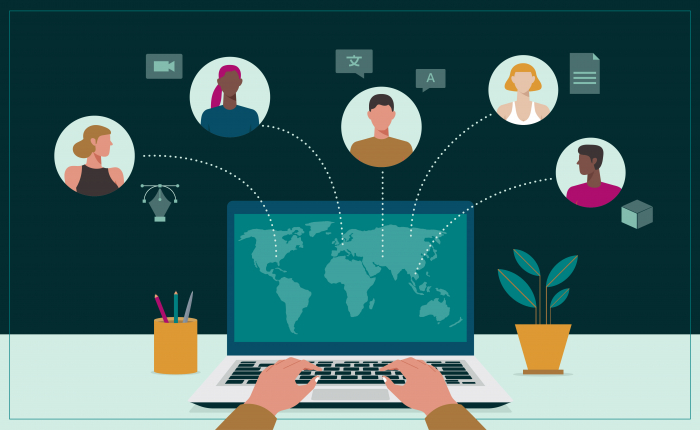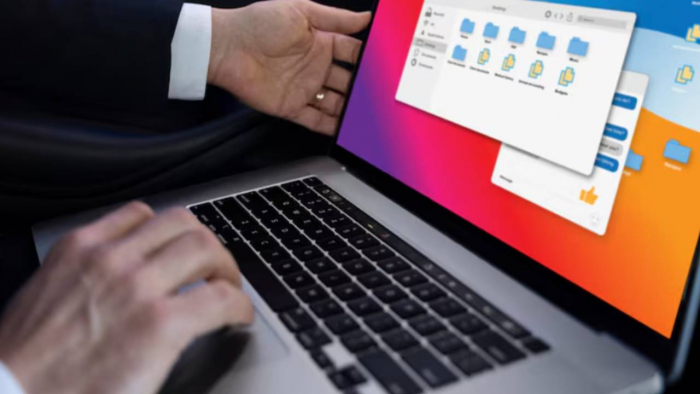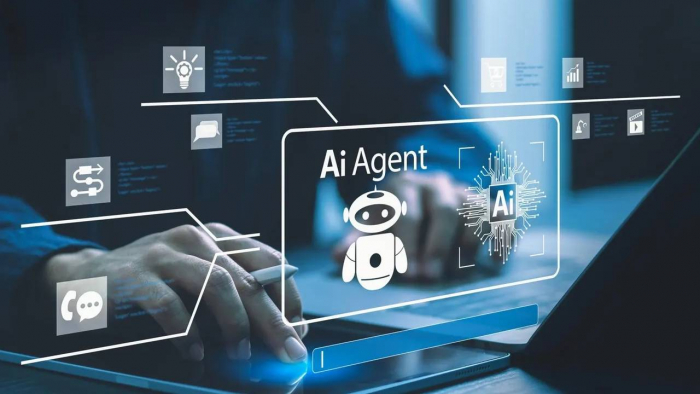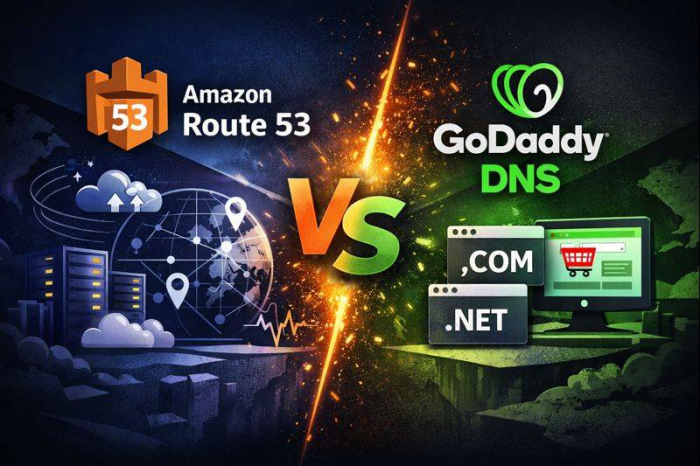Artificial intelligence is advancing at an unprecedented speed. From generative models that can write essays to robotics shaping logistics, AI is transforming how we work, create, and live. But here’s the question: Does faster always mean better?
I believe one of the most radical innovations we can make today is not pushing AI forward at full throttle but instead pressing pause, slowing down, and asking, What do we actually want from this technology?
Why Speed Has Defined the AI Race
AI development is a race. Companies compete to release new models, faster chips, and groundbreaking tools. Every leap promises efficiency, automation, and disruption. The logic is simple: if you don’t move fast, you’re left behind.
But speed has consequences. History shows that when industries move too quickly, thinking about financial markets before the 2008 crash or social media before understanding its psychological impact, societies struggle to adapt. Why should AI be any different?
What Happens When We Slow Down
Slowing down AI development isn’t about stopping progress. It’s about shifting focus. What if instead of asking “What can AI do next?” we asked “How can AI serve us best?”
By pausing, we gain space to study long-term effects. We can evaluate risks like bias in algorithms, concentration of power, or labor market upheaval. Most importantly, we can align technology with human values before it outpaces them.
This pause creates a window for innovation in governance, ethics, and design. Instead of chasing bigger models, we can invest in safety testing, explainability, and fair access.
The Power of Reflection in Technology
Some of the greatest leaps in history came not from acceleration but reflection. Consider medicine. Clinical trials slow down the rollout of new drugs, but they prevent disasters and save lives. Or look at aviation. Every regulation built into modern planes emerged from slowing down after accidents to analyze what went wrong.
In other words, intentional pauses lead to resilient systems. Why wouldn’t we want the same for AI?
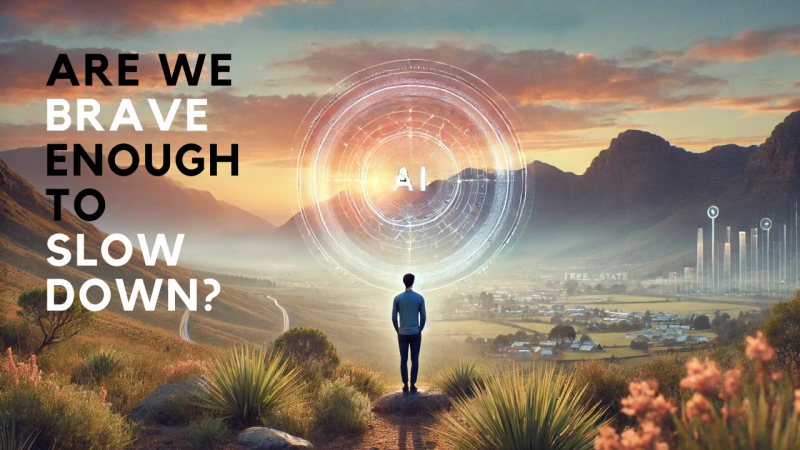
The Human Element
Another overlooked benefit of slowing AI is the opportunity for human adaptation. People need time to understand, learn, and integrate new tools into daily life. Without that space, we risk creating a technological elite that runs ahead while others are left behind.
Imagine if we focused on education, retraining, and cultural adaptation at the same pace as AI development. That balance could create not just smarter machines but a more capable society.
Could a Pause Spark More Innovation?
Here’s the paradox: slowing down might actually accelerate meaningful progress. By pressing pause, we open the door to innovation that isn’t about raw computing power but about creativity, collaboration, and sustainability.
What if AI were designed to enhance community well-being rather than maximize profit? What if governments and citizens had time to influence their direction before corporations set it in stone?
History suggests that reflective innovation often outlasts reckless speed.
A Call for Human Pause
The AI race doesn’t have to be a sprint. It can be a marathon, one that values wisdom over speed. The “human pause” is not about resisting technology, but rather about reclaiming our role in shaping it.
So, the question is: are we brave enough to slow down?
Because maybe the biggest innovation of our century won’t be an algorithm. It will be the decision to pause, reflect, and guide AI toward a future that truly serves us all.
Post Comment
Be the first to post comment!
